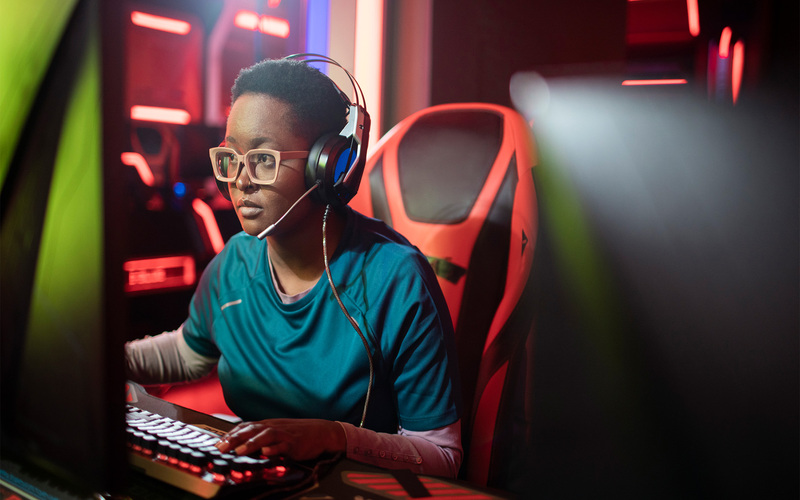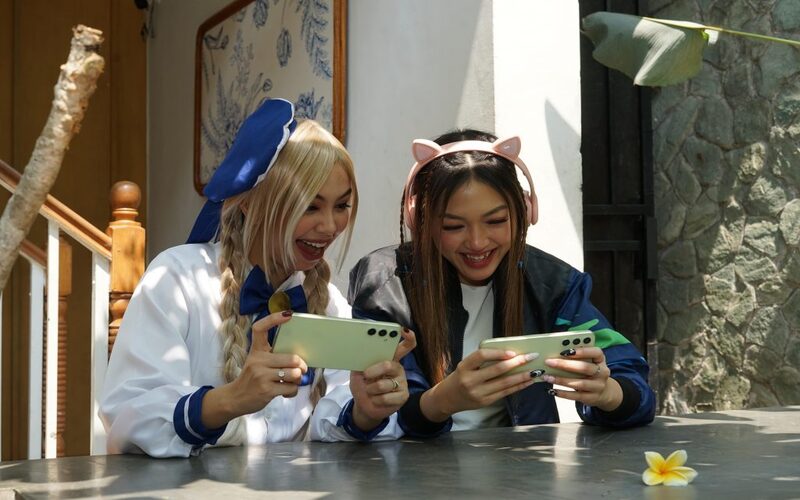
The Role of Translation in the Success of Games in Indonesia
Game translation plays an important role in the success of games in Indonesia. With more than 270 million residents, Indonesia is one of the largest gaming markets in Southeast Asia. Effective translation can help game developers reach a wider audience, increase player engagement, and ensure that the gaming experience can be fully enjoyed by local players.
Game Translation: Connecting Culture and Language
Game translation is the process of changing text and dialogue in a game from one language to another. This involves more than just changing words; translators must understand the context, culture, and nuances of the native language to create an equally authentic experience in the target language. In Indonesia, good translation is essential to ensure that games can be accessed and enjoyed by local players.
The Importance of Game Localization
In a globalizing gaming landscape, localization is not just a luxury but a strategic necessity. Game localization allows developers to enter international markets, expand their player base, and increase their revenue potential. Players are more likely to engage with games that are available in their native language, making localization an important strategy for maximizing market reach. Game localization is very important to reach a global audience, as outlined below:
Improve game quality.
Read More: The Best Target Languages for Indonesian Game Localization
Localization is not just about translating text and ensuring technical aspects are met. Good localization can also improve the overall quality of the game. For example, adjusting the difficulty level or even customizing game elements such as graphics or music to suit local preferences.
Creating Multilingual Experiences
In the world of gaming, sometimes users want to have a multilingual experience, so they can switch between different languages depending on their preferences. This is a challenge in itself in localization, but it can also be a unique feature that is interesting for users.
Facing Technical Challenges
While localization has great benefits, there are technical challenges to overcome. For example, problems with spacing in text layout or adjusting audio for different languages. Facing these challenges wisely can help ensure smooth and effective localization.
Overcoming Translation Challenges
One of the biggest challenges in game translation is overcoming cultural and language differences. Indonesian has a distinct grammatical structure and unique vocabulary, which requires careful adaptation to maintain the authenticity and meaning of the original text. Additionally, cultural references in games often need to be adjusted to make them relevant and understandable for Indonesian players.
Maintain Consistency and Quality
Consistency is key to game translation. Using different terms for the same concept can cause confusion for players. Therefore, translators often create a glossary of terms used throughout the game to ensure consistency. The quality of the translation is also very important, as poorly translated text can ruin the gaming experience and make players lose interest.
Cultural Adaptation in Games
Cultural adaptation is another important aspect of game translation. Some game elements may need to be changed or adapted to be more relevant to local culture. For example, Western cultural references may be replaced with local references that are more familiar to Indonesian players. These adaptations help create a gaming experience that connects more with players and increases their engagement.
The Role of Translation in Increasing Player Engagement
Good translation can significantly increase player engagement. Players who understand the story and dialogue in the game will be more engaged and likely to spend more time playing. This not only increases player satisfaction but can also increase revenue for game developers through in-app purchases and subscriptions.
Localization Testing
After translation, localization testing is essential to ensure that the translated text is well integrated into the game. This process involves checking that the text fits the interface, verifying the accuracy of the translation, and ensuring that no context is lost. This testing often involves native Indonesian speakers who understand the nuances and context of the language.
Technology in Game Translation
Modern technologies, such as machine translation and translation tools, can increase the efficiency of the translation process. However, this technology cannot replace human expertise in understanding cultural context and language nuances. Therefore, human translators are still very necessary to ensure translation quality and accuracy.
Case Study: Mobile Legends: Bang Bang
One example of successful game translation in Indonesia is Mobile Legends: Bang Bang. The game is well adapted with adapted dialogue, cultural references, and customized visual elements. This success highlights the importance of effective translation strategies and cultural adaptation for local market success.
Reach a Wider Audience
Effective translation allows games to reach a wider audience in Indonesia. Many players in Indonesia are more comfortable playing games in their own language, and good translation ensures that they can enjoy the game to the fullest. This opens up opportunities for game developers to increase their player base and expand their market reach.
Improve the User Experience
A good user experience is the key to gaming success. Bad translation can ruin the gaming experience and cause players to lose interest. On the other hand, good translation ensures that players can understand and enjoy every aspect of the game, from the story to the dialogue and gameplay instructions.
Using Player Feedback
Feedback from players is invaluable in the translation process. Listening to player feedback can help translators identify problems and make improvements. Additionally, involving the local gaming community in this process can provide valuable insight into how to make the game more interesting and relevant for Indonesian players.
Understanding Local Audience Preferences
It is important for translators to understand local audience preferences. For example, some elements of humor or references may not suit the tastes of Indonesian players. These adjustments may involve replacing less relevant references with more familiar ones or changing gameplay elements to suit local playing habits better.
Training for Game Translators
Specialized training for game translators can help overcome translation challenges. This training may include game terminology, understanding context, and specific translation techniques. Trained translators produce more accurate and culturally appropriate translations.
The Future of Game Translation in Indonesia

With the continued development of the gaming industry in Indonesia, the need for quality translations will continue to increase. Game translators must continually adapt to technological developments and cultural trends to ensure that games can be enjoyed by local players. The future of game translation in Indonesia looks bright, with more and more developers realizing the importance of good translation in achieving success in the local market.
Game translation plays a crucial role in the success of games in Indonesia. By facing language and cultural challenges, maintaining consistency and quality, and making cultural adaptations, good translation can increase player engagement and expand market reach. Modern technology and player feedback also play an important role in improving the translation process. By continuing to adapt and innovate, game translators can ensure that games can be enjoyed by Indonesian players, opening up opportunities for greater success in this fast-growing market.
If you are looking for game localization services, Digital-Trans Asia is the most appropriate choice. Here, we will provide services according to your needs, especially for game localization. We will help you expand the game market that you are developing globally and internationally. Please consult with us to learn more.